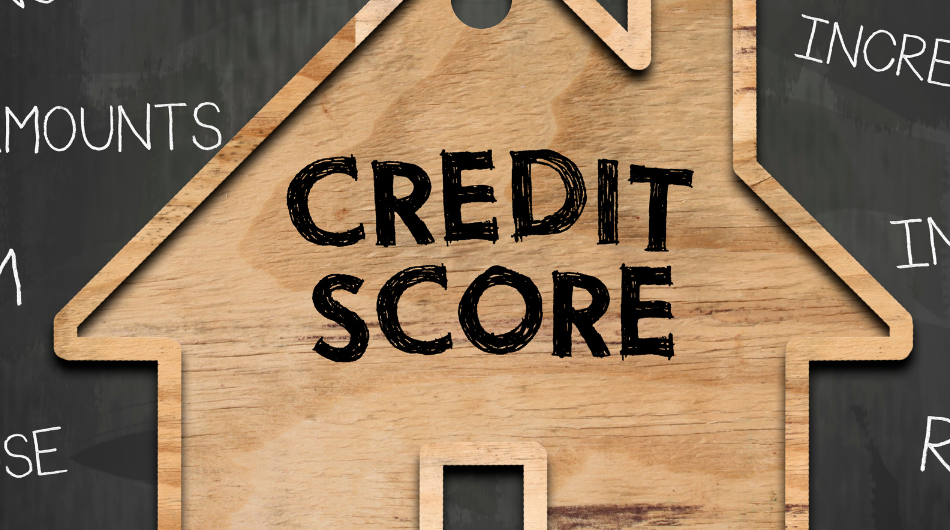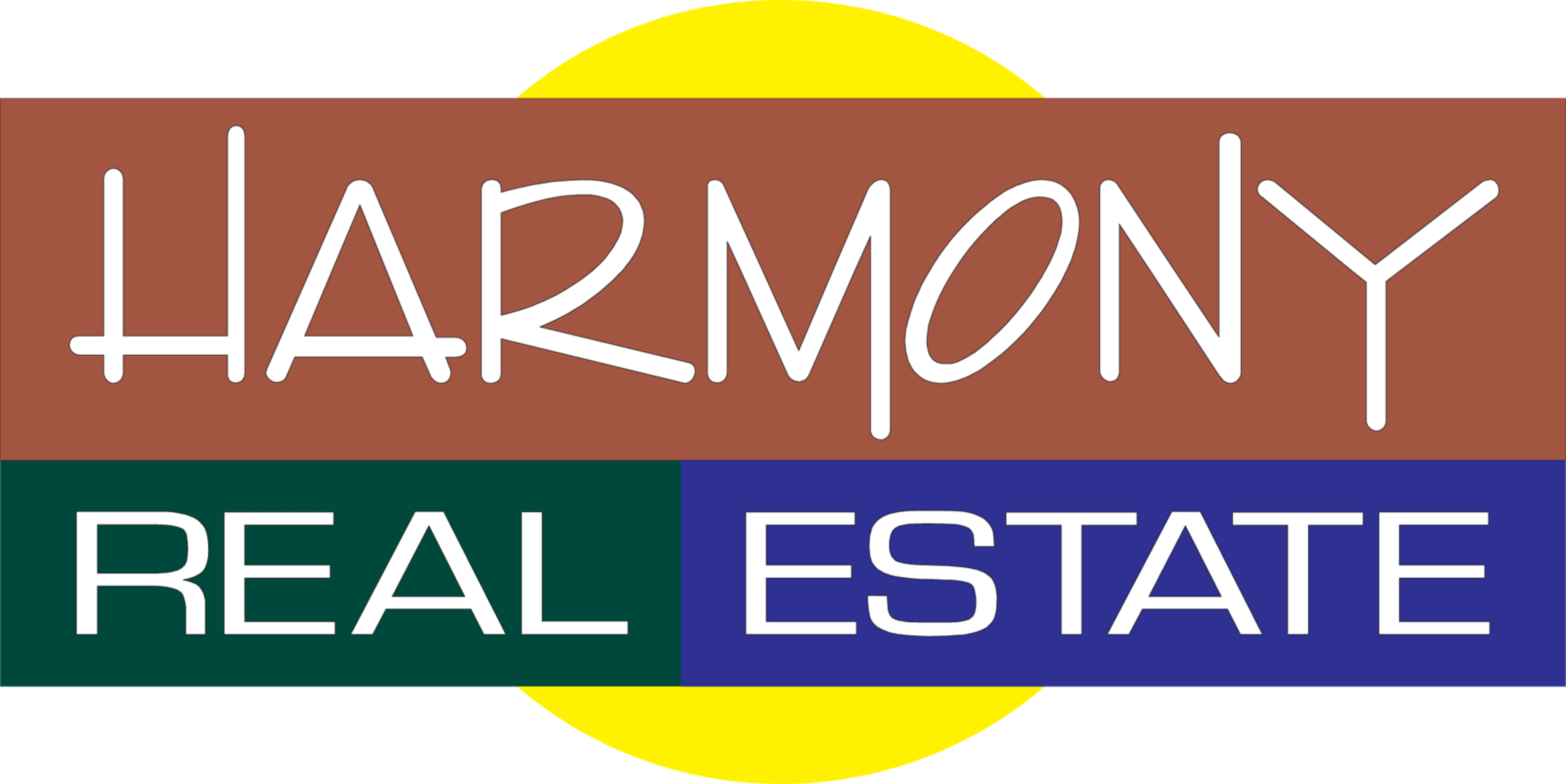Boost Your Credit Score for the Best Mortgage Terms

How Do Buyers Improve Their Credit Scores and Set Themselves Up for the Best Mortgage Terms?
When you’re thinking about buying a home—perhaps even one of those beautiful houses for sale in South Hudson—one of the most important factors that can influence your journey is your credit score. Your credit score not only determines whether you qualify for a mortgage but also affects the interest rates and terms you’ll be offered. So, how do buyers improve their credit scores and set themselves up for the best mortgage terms? Let’s dive into some easy-to-follow tips that can help you boost your credit score and secure favorable financing for your dream home.
1. Understanding the Importance of Your Credit Score
Before we get into the steps to improve your credit score, let’s take a moment to understand why it matters so much, especially when you’re looking to buy a home. Your credit score is like a financial report card. It tells lenders how responsible you are with credit and how likely you are to repay a loan. The higher your credit score, the more confident lenders are in your ability to make payments on time.
Why a Good Credit Score Matters for Mortgage Terms
When you apply for a mortgage—whether it’s for a cozy family home in South Hudson or anywhere else—lenders use your credit score to decide whether to approve your loan and what interest rate to offer you. A higher credit score usually means a lower interest rate, which can save you thousands of dollars over the life of your mortgage. If you’re aiming for the best mortgage terms, improving your credit score is essential.
What’s a Good Credit Score?
Credit scores typically range from 300 to 850. Here’s a quick breakdown:
300-579: Poor
580-669: Fair
670-739: Good
740-799: Very Good
800-850: Excellent
To get the best mortgage terms—like for those attractive homes for sale in South Hudson—you’ll generally want a score of 740 or higher. But don’t worry if your score is lower—there are steps you can take to improve it.

2. Check Your Credit Report for Errors
The first step in improving your credit score for the best mortgage terms is to check your credit report for errors. Mistakes on your credit report can drag down your score, so it’s important to review your report carefully.
How to Get Your Credit Report
You’re entitled to a free credit report from each of the three major credit bureaus—Equifax, Experian, and TransUnion—once a year. You can request your reports from Annual Credit Report . Take the time to go through each report line by line.
What to Look For
Common errors to look for include:
Incorrect personal information (like your name or address)
Accounts that don’t belong to you
Incorrect account statuses (like an account marked as delinquent when it’s not)
Duplicate accounts
Inaccurate credit limits
If you spot any errors, dispute them with the credit bureau. Correcting these mistakes can improve your credit score quickly and set you up for better mortgage terms—especially if you’ve got your eye on one of those inviting South Hudson houses for sale.

3. Pay Down Your Credit Card Balances
One of the most effective ways to improve your credit score is by reducing your credit card balances. This is because your credit utilization ratio—how much credit you’re using compared to your credit limit—accounts for about 30% of your credit score.
Keep Your Credit Utilization Low
To boost your credit score and make it easier to qualify for the best mortgage terms on that perfect South Hudson home, aim to keep your credit utilization below 30%. For example, if you have a credit card with a $10,000 limit, try to keep your balance below $3,000. The lower your utilization, the better.
Strategies to Pay Down Balances
If your balances are high, consider the following strategies:
Pay more than the minimum: Paying more than the minimum payment each month will help you reduce your balances faster.
Focus on high-interest debt first: If you have multiple credit cards, focus on paying off the one with the highest interest rate first. This will save you money in the long run.
Use windfalls: If you receive a tax refund, bonus, or other windfall, use it to pay down your credit card debt.
By paying down your balances, you’ll not only improve your credit score but also be in a better position to make an offer on a home in South Hudson when the perfect one comes along.
4. Make All Payments on Time
Your payment history is the most important factor in your credit score, accounting for about 35% of your total score. Late or missed payments can have a significant negative impact, so it’s crucial to make all of your payments on time.
Set Up Automatic Payments
To ensure you never miss a payment, consider setting up automatic payments for your bills. This way, your payments will be made on time every month, even if you forget.
Create a Budget
If you’re struggling to make payments, create a budget to help you manage your finances. Prioritize essential expenses like your mortgage, utilities, and groceries, and look for areas where you can cut back to free up money for debt payments.
What to Do If You Miss a Payment
If you do miss a payment, try to make it as soon as possible. The longer a payment is overdue, the more it will hurt your credit score. Additionally, consider reaching out to your creditor to see if they’re willing to remove the late payment from your credit report, especially if it’s a one-time mistake.
Making timely payments consistently will help you build a positive credit history, which is essential for securing the best mortgage terms—whether it’s for a home in South Hudson or anywhere else.

5. Avoid Opening New Credit Accounts
When you’re trying to improve your credit score for the best mortgage terms, it’s important to avoid opening new credit accounts. Each time you apply for credit, a hard inquiry is added to your credit report. Too many hard inquiries in a short period can lower your credit score.
Why You Should Avoid New Credit
Opening new credit accounts can also increase your credit utilization and make it harder to pay down existing balances. Plus, taking on new debt can raise red flags for lenders, who might see it as a sign that you’re overextending yourself financially.
Stick to Your Current Accounts
Focus on managing your current credit accounts responsibly instead of applying for new ones. By keeping your credit inquiries to a minimum and maintaining low balances, you’ll be better positioned to secure favorable mortgage terms—and take advantage of that charming South Hudson home for sale you’ve been eyeing.
6. Consider a Secured Credit Card if You Need to Build Credit
If you’re just starting out or need to rebuild your credit, a secured credit card can be a useful tool. A secured credit card requires a cash deposit that serves as your credit limit. By using the card responsibly, you can build positive credit history over time.
How Secured Credit Cards Work
With a secured credit card, you’ll make a deposit (typically between $200 and $500) that serves as your credit limit. Use the card to make small purchases each month, and be sure to pay off the balance in full and on time. Over time, your responsible use of the card will be reported to the credit bureaus, helping to improve your credit score.
Transition to a Regular Credit Card
After several months of responsible use, your credit score should improve, and you may be able to qualify for a regular, unsecured credit card. Some secured card issuers even offer to upgrade you to an unsecured card once you’ve demonstrated good credit behavior. This can further help you improve your credit score and set yourself up for the best mortgage terms, making that South Hudson home more within reach.

7. Keep Older Accounts Open
The length of your credit history is another important factor in your credit score. The longer your accounts have been open, the better. Closing old accounts can shorten your credit history and lower your score, so it’s generally best to keep them open, even if you’re not using them.
Why Account Age Matters
Lenders like to see that you have a long history of managing credit responsibly. Closing an old account can reduce the average age of your accounts and negatively impact your score.
What to Do With Unused Accounts
If you have old credit cards that you don’t use, consider making a small purchase on each card every few months to keep the account active. Just be sure to pay off the balance in full each month to avoid interest charges. This strategy can help you maintain a longer credit history, which is beneficial when you’re aiming for the best mortgage terms—especially for homes in sought-after areas like South Hudson.
8. Diversify Your Credit Mix
Your credit mix, or the variety of credit accounts you have, also plays a role in your credit score. Lenders like to see that you can manage different types of credit, such as credit cards, auto loans, and mortgages. If you only have one type of credit account, consider diversifying your credit mix.
Why a Diverse Credit Mix Matters
Having a mix of credit accounts shows lenders that you can handle different types of debt responsibly. This can boost your credit score and improve your chances of securing favorable mortgage terms.
How to Diversify Your Credit
If you currently only have credit card debt, consider adding an installment loan, like a personal loan or car loan, to your credit mix. Just be sure to manage the loan responsibly by making all of your payments on time. Over time, this can help improve your credit score and make you a more attractive candidate for a mortgage—whether it’s for a new home in South Hudson or elsewhere.

9. Get Professional Help if Needed
Improving your credit score can be challenging, especially if you have a lot of debt or negative marks on your credit report. If you’re struggling to improve your credit score on your own, consider seeking professional help. Credit counseling agencies can provide advice and assistance in managing your credit and finances. Just be sure to choose a reputable agency that offers legitimate services.
How Credit Counseling Works
Credit counseling agencies can help you create a budget, manage debt, and develop a plan to improve your credit score. Some agencies also offer debt management plans, where they work with your creditors to negotiate lower interest rates and payments.
Beware of Scams
Unfortunately, there are some unscrupulous companies out there that prey on people trying to improve their credit. Be wary of any company that promises to "fix" your credit overnight or charges high fees upfront. Instead, look for a nonprofit credit counseling agency that offers transparent, affordable services.
By getting professional help, you can develop a solid plan to improve your credit score and secure the best mortgage terms when you’re ready to buy a home—perhaps even one of the lovely houses for sale in South Hudson.
10. Plan Ahead and Be Patient
Improving your credit score takes time, so it’s important to plan ahead and be patient. Start working on your credit as early as possible, ideally at least six months to a year before you plan to apply for a mortgage. This will give you enough time to make meaningful improvements and increase your chances of qualifying for the best mortgage terms.
Set Realistic Goals
Set realistic goals for improving your credit score, such as paying down a certain amount of debt each month or making all of your payments on time. Celebrate your progress along the way, and remember that even small improvements can make a big difference in your mortgage terms.
Monitor Your Progress
Keep track of your credit score over time to see how your efforts are paying off. You can use free credit monitoring services to stay updated on any changes to your score and to catch any potential issues early.
Don’t Rush Into a Mortgage
While it’s tempting to buy a home as soon as possible, it’s worth waiting until your credit score is in the best possible shape. Rushing into a mortgage with a lower credit score can result in higher interest rates and less favorable terms, which can cost you more in the long run.
By planning ahead and being patient, you’ll be better positioned to secure the best mortgage terms and make your homeownership dreams a reality—whether that’s in South Hudson or another area.

Improving your credit score is one of the most important steps you can take to set yourself up for the best mortgage terms. By checking your credit report for errors, paying down balances, making timely payments, avoiding new credit, and following the other strategies outlined in this guide, you can boost your credit score and increase your chances of securing favorable financing for your home purchase.
If you’re ready to take the next step and start exploring homes for sale in South Hudson, don’t hesitate to Contact Harmony Real Estate for more information. We can help you find the perfect home and guide you through the mortgage process to ensure you get the best possible terms. Your dream home is waiting—let’s make it a reality!
